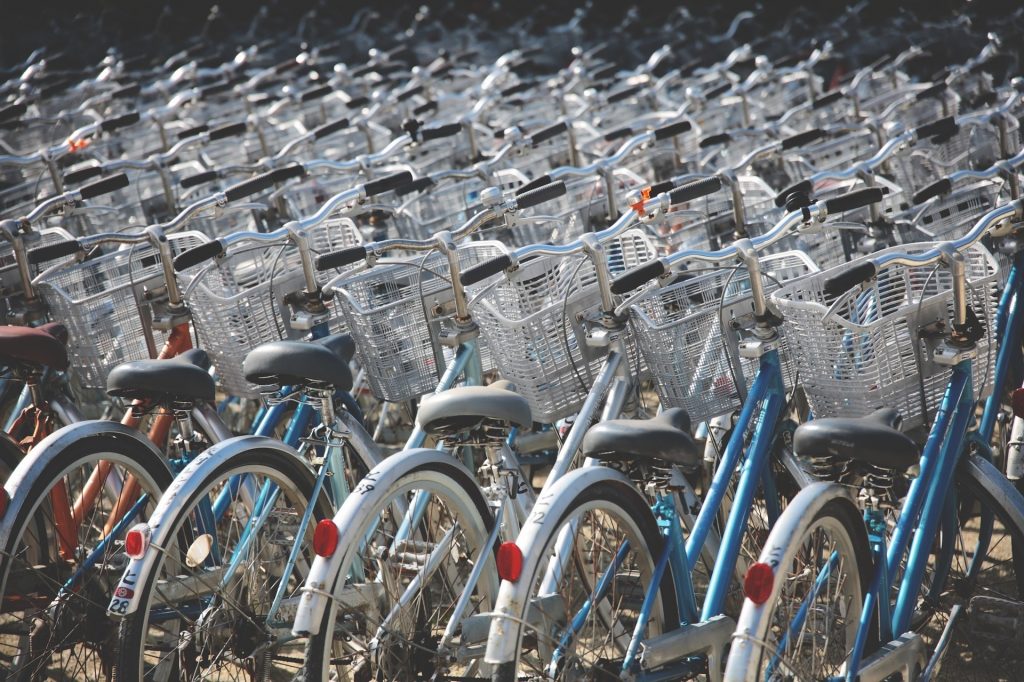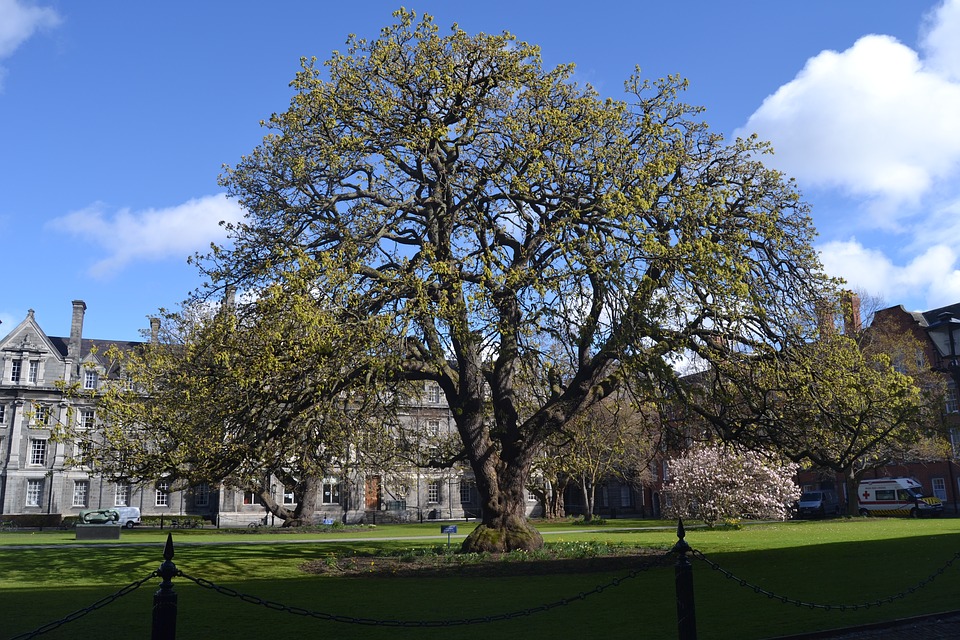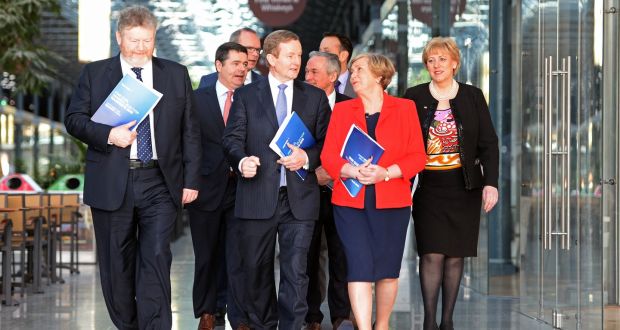Air pollution: ‘Solutions are there, we just need the policy’

June 5th, 2019
Each year, the United Nations-led World Environment Day picks a specific theme that warrants awareness-raising globally. In 2019, air pollution is taking centre stage.
Not surprisingly, the main event to kick off the day is being held in China, a country renowned for its air pollution problems.
Drawing on data reaching back to 1990, the US-based Health Effects Institute recently found that the country faces 1.6 million premature deaths per annum as a result of air pollution.
The significance of the issue led the Chinese premier Li Keqiang to issue a national address that his country will “resolutely declare war against pollution as we declared war against poverty”.
China, however, is not alone in its struggles with what the World Health Organization calls the world’s “greatest environmental risk to health”.

A Top Threat to Global Health
Globally, seven million people die prematurely every year as a result of minute air pollutants entering respiratory and circulatory systems, leading to cancer, stroke, or heart and lung disease.
The polluting fine particulate matter is mainly released into the air through fuel combustion in vehicles and from power plants, households, and biomass burning.
There is also scientific evidence of a link between exposure to air pollution and reduced fertility in women and, according to a recent study, air pollution also has an effect on neural development and cognitive capacity.
Nine out of 10 deaths linked to air pollution are in low- and middle-income countries; however, exposure to air pollution isn’t limited to specific global regions. And Ireland is certainly no exception.
Breaching Safety Levels
Air pollution is the cause of the premature death of over 1,500 Irish people every year, according to both the EPA and the European Environment Agency.
Just this week, TheTimes revealed that safety levels for air pollution have already been breached more times in 2019 to date than in the whole of 2018, with the majority of breaches taking place in Dublin.
Reacting to the news, newly elected Green Party MEP Ciaran Cuffe said that he wants to see more information made available about the causes, as well as improved monitoring and user-friendly data presentation.
“Is it industrial pollution coming from Europe, or [are] emissions from the traffic, home heating systems or cruise ships in Dublin Port? The public deserves to know,” Mr Cuffe said.

A Solution in Greener Cities
Air pollution is a difficult nut to crack, according to Dr Sandra Green of the NGO Irish Doctors for the Environment (IDE) as it doesn’t “stay within any one boundary” as pollution moves around dependent on wind patterns.
Dr Green, a non-consultant house doctor at the Mater Hospital, said that a significant national effort to green our cities through active transport and creating higher and better tree cover will result in numerous health benefits.
“I think you would see huge impacts on reduced presentations to hospitals, you would have reduced cardiovascular risk, you would have a fitter population, and you would also probably be happier,” she told The Green News.
Supporting public transport over private car use can also plays a key role in addressing air pollution, according to recently elected Dublin City Councillor Joe Costello.
“We have an enormous number of vehicles, whether they’re private or public, coming in and out of the city,” said the Labour councillor who represents the north inner-city.
Cllr Costello told The Green News that he wants to see an “overall city plan” in place to promote public transport, which would include walking, cycling, buses, and light rail.

Urban tree cover
Trees could also help tackle air pollution reduction, as, according to a 2016 Planting Healthy Air Report, the average reduction of particulate matter near a tree is between seven and 24 per cent.
The report also cites studies that demonstrate a tree’s capacity to filter out particulate matter from the atmosphere, as well as providing shade and reducing air temperature.
According to Dr Tine Ningal of UCD’s School of Geography, whose research looks at Dublin’s urban trees, tree-planting must be seen as a long-term strategy to combat air pollution.
“The returns we would get from trees would not be immediate,” Dr Ningal told The Green News, and would be “a 15 to 20-year project” as trees need to mature to absorb emissions and provide shade.
In order to plant trees to help reduce air pollution in the most effective way we can, we have to “strategically plant those trees and look at how the city is being planned, and what streets are experiencing heavy traffic”, Dr Ningal said.
Tackling air pollution is undoubtedly a global challenge and requires coordinated solutions on a large, public scale but as Dr Green finds – “the opportunities are there, we just have to get the good policies for it and the public drive for it.”
[x_author title=”About the Author”]







